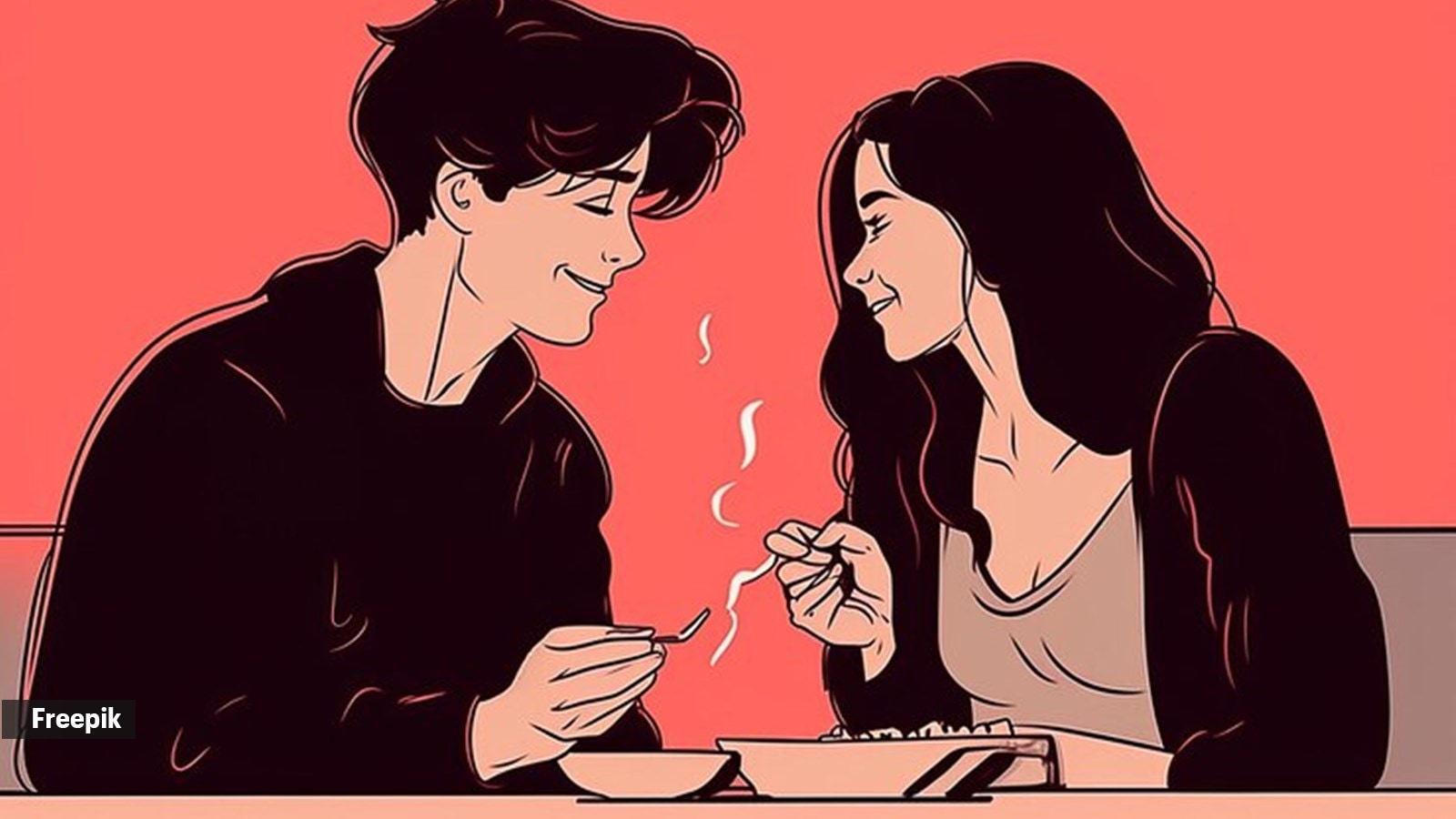📣 For more lifestyle news, click here to join our WhatsApp Channel and also follow us on Instagram
Is your partner emotionally unavailable? Their attachment style can explain why
Your attachment style influences your communication, trust, and emotional intimacy and how your form relationships of any kind
 Attachment styles are patterns of emotional and behavioural responses that develop in early childhood and continue to influence our relationships and interactions with others. (Representative image: A still from Love Aaj Kal)
Attachment styles are patterns of emotional and behavioural responses that develop in early childhood and continue to influence our relationships and interactions with others. (Representative image: A still from Love Aaj Kal)Understanding the dynamics of relationships involves delving into the intricate tapestry of human attachment styles. Attachment styles are patterns of emotional and behavioural responses that develop in early childhood and continue to influence our relationships and interactions with others.
According to Dr Aparna Ramakrishnan, psychiatrist at Kokilaben Dhirubhai Ambani Hospital, Mumbai, all of this comes from the attachment theory, which was originally developed by John Bowlby and later expanded upon by Mary Ainsworth.
She described 4 types of attachment styles based on the theory:
Secure attachment style: Most commonly seen, individuals with this attachment style had caregivers who responded consistently to their needs, making them feel safe and secure. Hence they view themselves, their relationships and partners in a positive light. They are comfortable with intimacy and are able to express and communicate freely in their relationships.
Anxious/ambivalent style: People with this style have experienced poor parental availability and inconsistent caregiving in childhood. Hence, they have a fear of abandonment and a constant need for reassurance in their adult relationships.
 Pallavi Barnwal, intimacy coach and founder of Get Intimacy, advises doing an honest check-in with yourself: “Are you in this relationship guided by the energy of fear or energy of love?” (Source: Freepik)
Pallavi Barnwal, intimacy coach and founder of Get Intimacy, advises doing an honest check-in with yourself: “Are you in this relationship guided by the energy of fear or energy of love?” (Source: Freepik)
Avoidant style: Having experienced emotionally distant, detached caregivers while growing up, such individuals have learnt to be emotionally independent. They aren’t comfortable with emotional intimacy. Self-reliance and self-sufficiency are their foremost needs in a relationship.
Disorganised style: Individuals with this style have experienced traumatic or unpredictable experiences like abuse or neglect when they were young. Hence, they exhibit a mixture of anxious and avoidant behaviours, erratic and confused relationship patterns and struggle with emotional conflicts.
How do you know you have which attachment style?
Pallavi Barnwal, intimacy coach and founder of Get Intimacy, advises doing an honest check-in with yourself: “Are you in this relationship guided by the energy of fear or energy of love?”
“Relationship choices guided by fear sound like ‘I will feel rejected/ abandoned if this person leaves me’. ‘I will be left alone if I am not in a relationship’. Relationship choices guided by love sound like ‘I am happy in my life with or without this person and I choose this person to enhance this happiness’,” Barnwal explained.
Dr Ramakrishnan said assessment of your attachment styles can be done by self reflection and evaluation of your past and present significant relationships – emotional responses, behavioural patterns especially during moments of conflict and vulnerability.
Mental health professionals like psychiatrists, psychologists can also help provide insights and assess your attachment style accurately.
 In contrast to this, she added that anxiously attached individuals have intense, emotional connections. (Source: Still from Queen)
In contrast to this, she added that anxiously attached individuals have intense, emotional connections. (Source: Still from Queen)
Can this have an effect on friendships as well?
Attachment styles can definitely have an impact on friendships as well, according to Dr Ramakrishnan.
“Securely attached individuals tend to have stable, healthy and fulfilling friendships. They are comfortable being emotional and vulnerable amidst their friends, are able to communicate openly and honestly, are able to set healthy boundaries while being supportive of their friends. This leads to long lasting, trustworthy friendships.”
In contrast to this, she added that anxiously attached individuals have intense, emotional connections. However, their fear of abandonment leads to increased rejection sensitivity, constant demands for reassurance and validation. “They may go above and beyond for their friends and have similar expectations which if unmet can lead to emotional turmoil and fractured friendships. They often have difficulty setting healthy boundaries,” she said.
According to Ramakrishnan, avoidantly attached people often have fewer, less intense friendships as they are uncomfortable being emotionally expressive or vulnerable in relationships and prefer to maintain emotional distance. “Individuals with disorganised attachment style have difficulty forming and maintaining stable, healthy friendships often exhibiting mercurial, volatile behavioural patterns.”
📣 For more lifestyle news, follow us on Instagram | Twitter | Facebook and don’t miss out on the latest updates!
📣 For more lifestyle news, click here to join our WhatsApp Channel and also follow us on Instagram
- 01
- 02
- 03
- 04
- 05



























